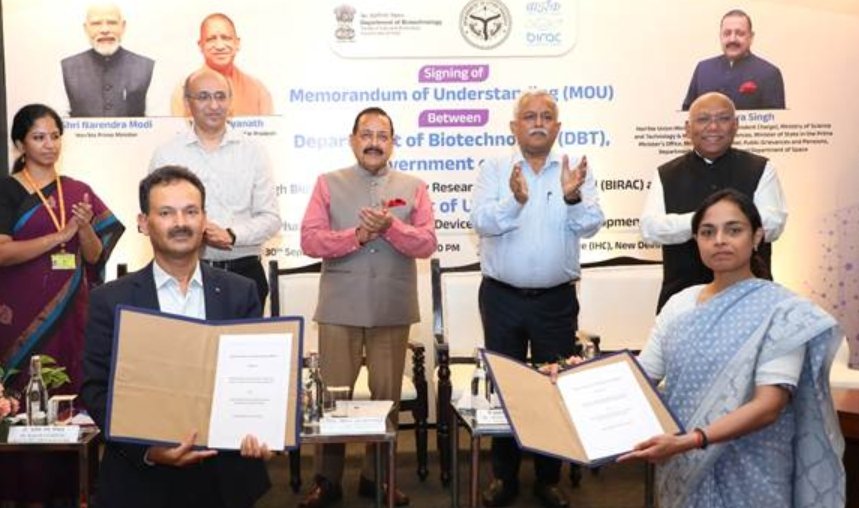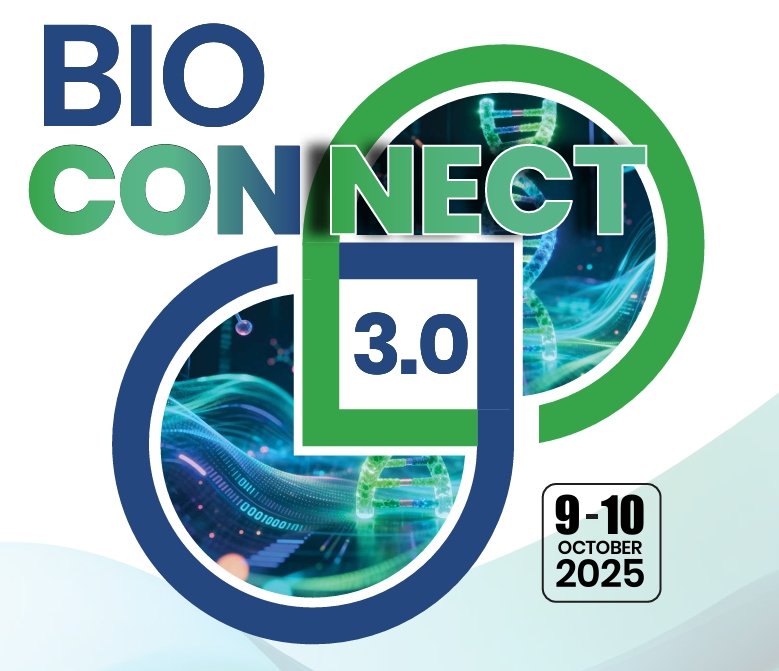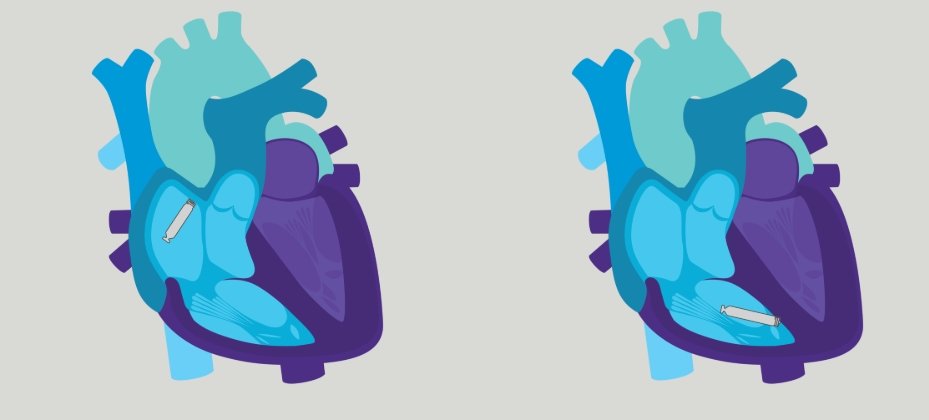Qure.ai launches world’s first AI-powered paediatric TB screening tool
October 18, 2025 | Saturday | News
Drug-resistant TB, including extensively drug-resistant forms, is rising among children
image credit- shutterstock
Diagnosing tuberculosis (TB) in children has long been a challenge, but that is set to change. qXR from Mumbai-based startup Qure.ai is the first AI-enabled chest X-ray tool to receive regulatory clearance, earning CE Class IIb certification for children aged 0–3 years and complementing its existing capabilities for children up to 15 years, effectively covering the entire childhood spectrum.
Paediatric TB is a silent crisis that affects children, globally. In 2023, close to 1.3 million children under 15 fell ill with TB, representing about 12% of total cases worldwide. Children under 5 are particularly vulnerable due to underdeveloped immune systems, bearing the highest burden and accounting for more than 75% of TB-related deaths in this age group. Tragically, close to 200,000 children died of TB in 2023, most of them under five. Moreover, drug-resistant TB, including extensively drug-resistant forms, is rising among children, creating an urgent public health challenge.
Commenting on the announcement, Dr Shibu Vijayan, Chief Medical Officer, Global Health at Qure.ai, said, "Achieving CE clearance for AI-enabled Chest X-ray screening in children is a major step forward in the fight against paediatric TB. The youngest children have long been the hardest to reach and the most vulnerable. With this tool, we are proud to equip healthcare systems worldwide with a scalable, reliable way to detect TB early, prioritise care, and ultimately save lives."
Additionally, Qure.ai has implemented the Treatment Decision Algorithm A (TDA), as outlined in the WHO Consolidated Guidelines on Tuberculosis: Module 5 – Management of Tuberculosis in Children and Adolescents (2022), within the care coordination platform- qTrack from Qure.ai. This functionality enables structured data entry and automated computation of algorithmic parameters to facilitate clinical diagnosis of tuberculosis in children who are bacteriologically negative or unable to undergo microbiological testing.










